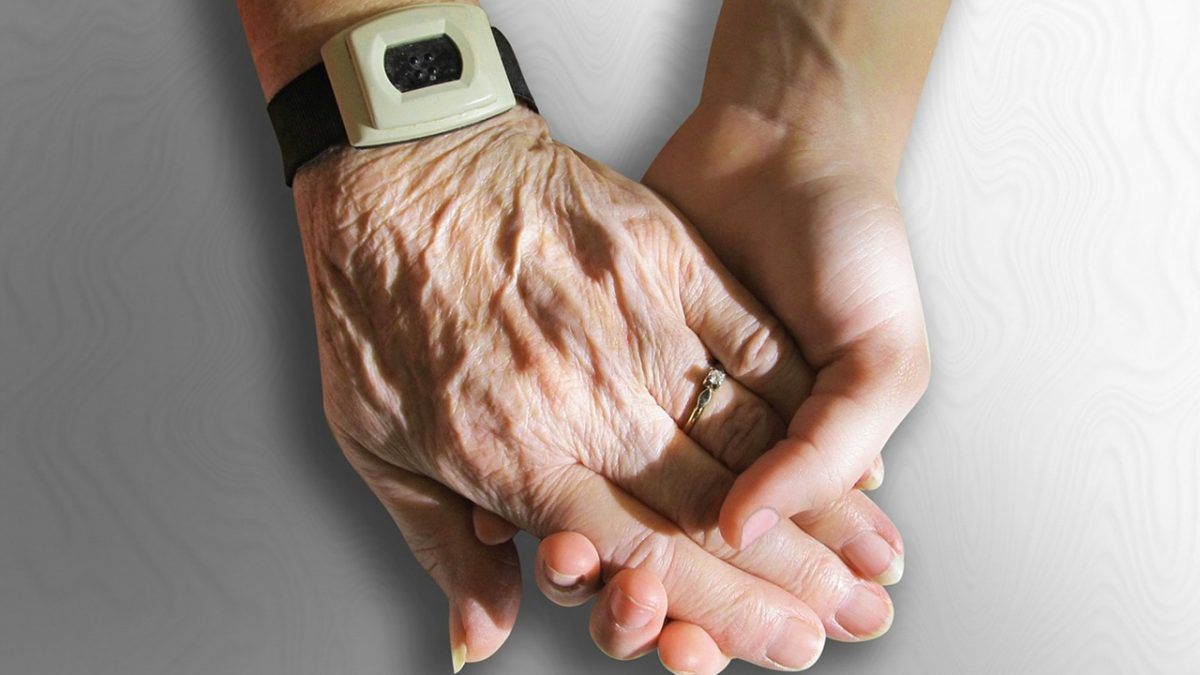Ombudswoman’s Recommendation Implemented, Visits to Dying Residents of Homes for the Elderly Allowed
Clearly, various limitations to rights and freedoms are needed in order to protect the citizens’ health in the pandemic; however, they should be imposed only to the extent necessary to achieve this aim.
Visits to the residents of the homes for the elderly must be limited to the maximum degree possible; however, they can be allowed in exceptional and justified situations, such as a significant deterioration in the resident’s health, read the official guidelines issued in early December by the Ministry of Labor, Pension System, Family and Social Policy, Croatian Institute of Public Health and the Teaching Institute for Public Health “Dr. Andrija Štampar” to all providers of the accommodation service within the social services network.
A Complaint Leads to Change
The document puts into action the Ombudswoman’s recommendation to the relevant institutions to come up with epidemiologically sound visitation rules that would still enable the families of the dying residents to say their last good bye. The recommendation, issued in July, followed the complaint submitted to the Ombudswoman by the sisters who were forced to rent a construction crane in order to be able to see their dying father one last time. They were only able to see him through the window, since the visits to the facility where he was accommodated were completely banned.
Exceptional Situations
The case reflects both the willingness of the elderly persons’ family members to do everything in their power for their dying loved ones, as well as the rigidity of the system that failed to take into account all of the various possible consequences of its rules. Limitations to the citizens’ rights and freedoms are clearly needed to protect their health but they should only be imposed to the extent necessary to achieve this aim. And while the case of our complainants was public, one cannot help but wonder how many other families were prevented this year from saying their final farewell to their elderly family members.


